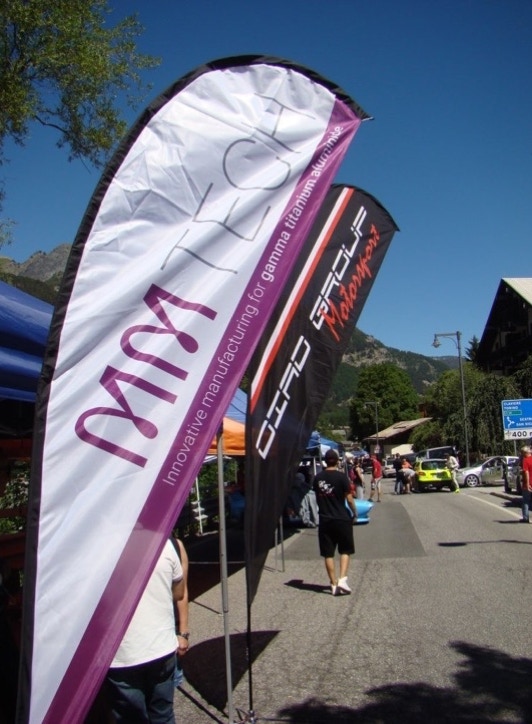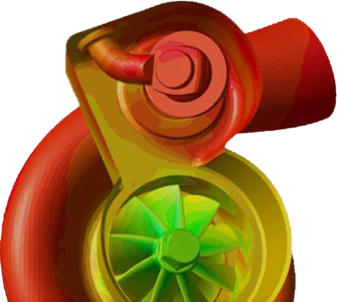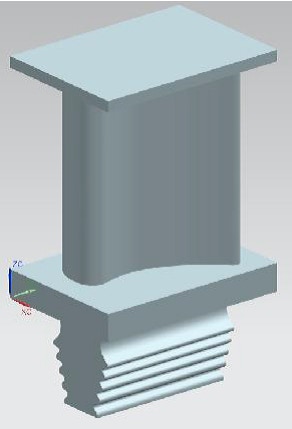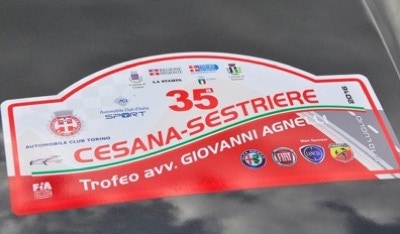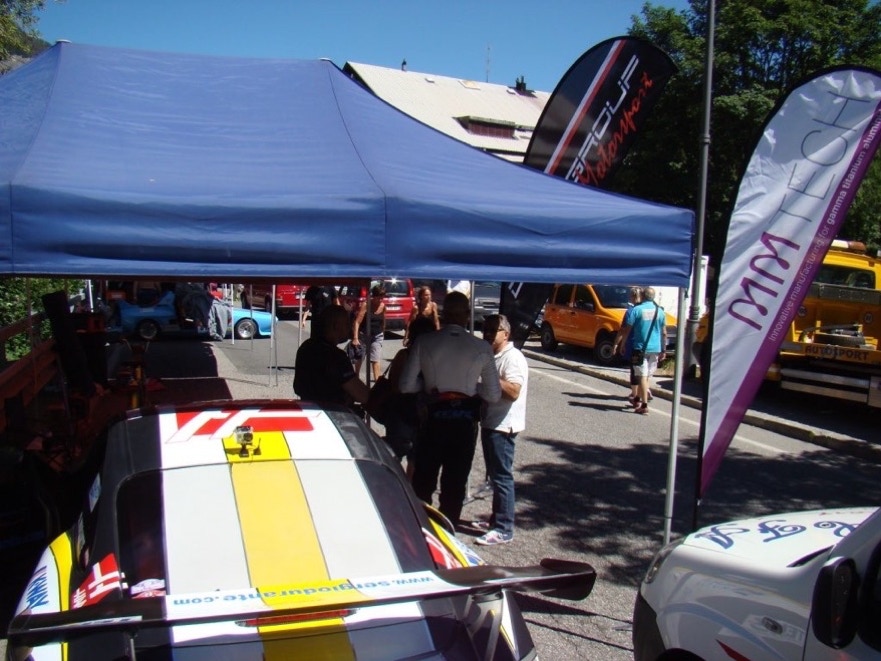-
Motorsport
-
AeroSpace
-
Engineering
-
Products/Services
-
Automotive Engineering
-
Race Gearboxes Design, Production, Testing and Revision
-
2WD 4WD Racing Gearboxes
-
Hybrid Powertrains Design, Production and Testing
-
Nanotechnology Lubricants
-
Custom gearset
-
Racing limited slip differentials
-
Custom Ring and Pinions
-
Composites parts design and manufaturing
-
Gender equality plan
-
-
Cars on sale
-
Press Room




